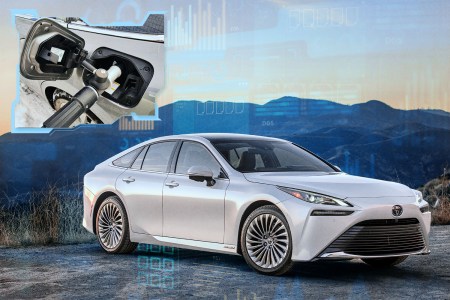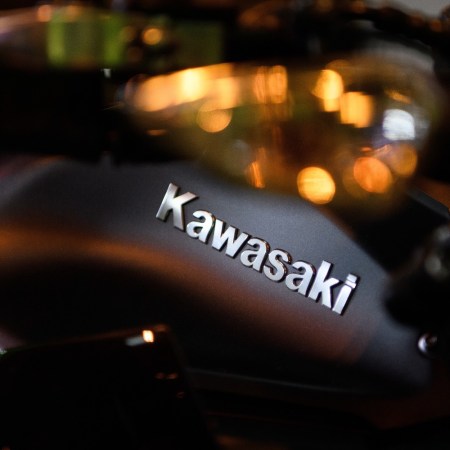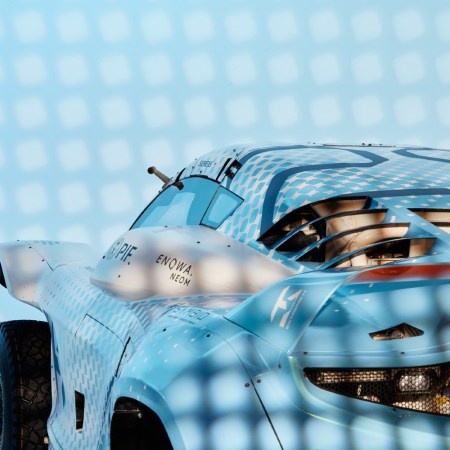What does 2028 have in store for us? The Los Angeles Olympics, for one thing, and the Athletics will begin playing in Las Vegas as well. In the automotive world, two major automakers are set to release an ambitious joint offering: specifically, a hydrogen-fuel vehicle from BMW and Toyota. It’ll be the first hydrogen fuel cell vehicle from the former, and it’s not surprising to see them teaming up with Toyota, who has made a larger investment in hydrogen than many of their peers.
“This is a milestone in automotive history: the first-ever series production fuel cell vehicle to be offered by a global premium manufacturer,” said BMW’s chairman of the board of management, Oliver Zipse, in a statement. “Powered by hydrogen and driven by the spirit of our cooperation, it will underscore how technological progress is shaping future mobility.”
As Road & Track‘s Emmet White observed, this isn’t the first time the two automakers have worked together, with an earlier partnership yielding the Supra and Z4. And the announcement suggests BMW and Toyota’s work here will yield a collaborative powertrain that will be used for a host of models made by each of the two companies.
The announcement features a number of ambitious declarations about carbon neutrality, the most interesting of which was Toyota CEO Koji Sato pointing to the two companies’ shared “belief in ‘technology openness’ and a ‘multi-pathway’ approach to carbon neutrality.”
Review: 2023 Toyota Mirai Proves Hydrogen Is the Fuel of the Future — And Always Will Be
A real-world test of the sedan reveals holes in the claim that fuel cells trump batteriesNews of this BMW/Toyota initiative comes at a time when other automakers have relaxed their EV targets. But before you get your “hydrogen vehicles are the new electric vehicles” merchandise ready, it’s important to remember the current state of hydrogen vehicles comes with a few big caveats. For starters, as Benjamin Hunting observed in his review of the Toyota Mirai last year, if you’re frustrated by the current EV charging infrastructure, you’re probably going to be livid at the current state of hydrogen infrastructure. A bigger investment in hydrogen technology is an admirable goal, but it’s also one that increasingly feels like an uphill climb.
This article was featured in the InsideHook newsletter. Sign up now.



















